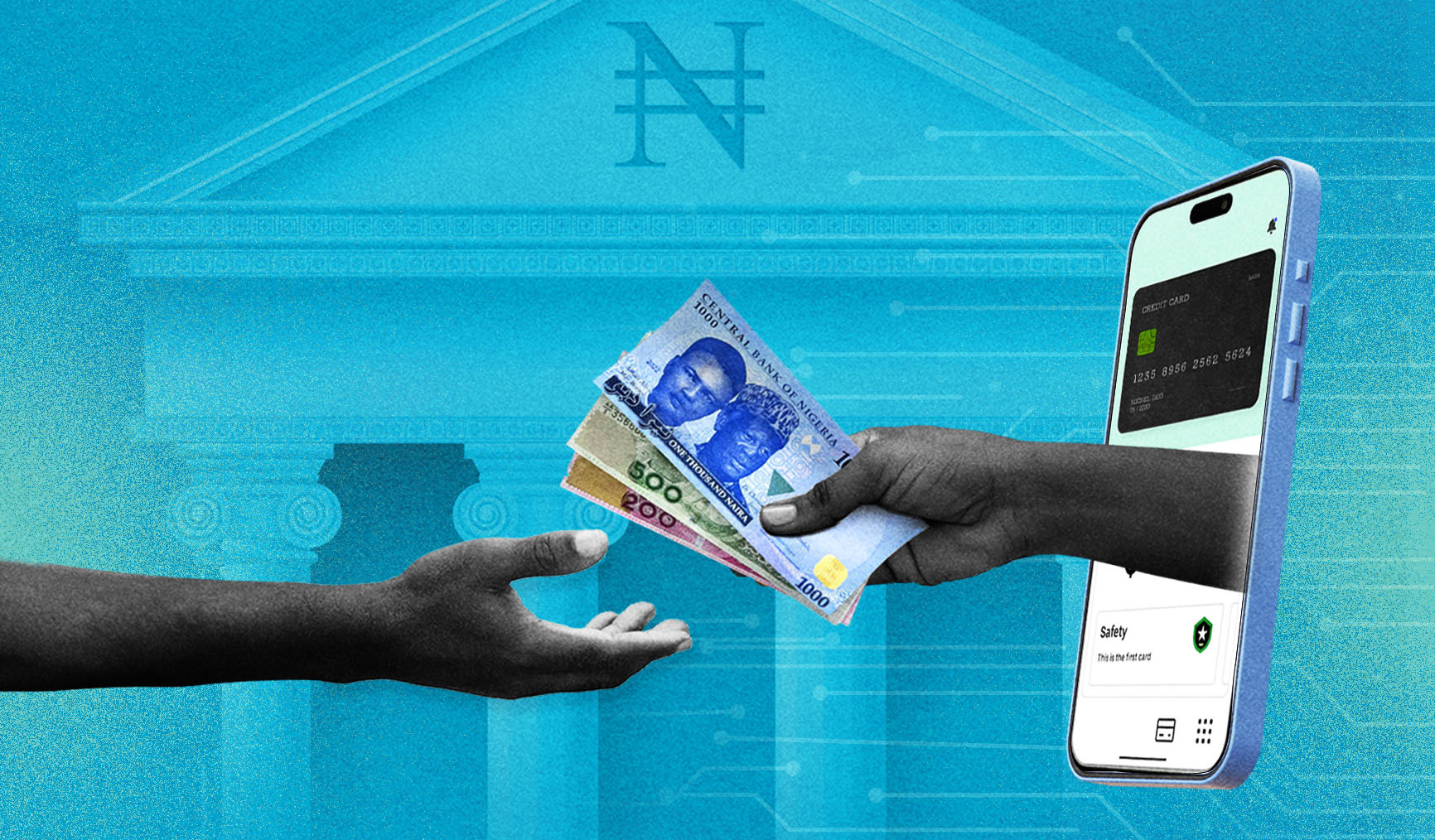By Seun Johnson
Notwithstanding the psychological torture and emotional trauma regularly meted on loan defaulters by loan app operators, many Nigerians are consistently turning to these platforms as a means of coping with the current food inflation and weathering the storms of economic hardship.
Recent findings conducted by a leading geopolitical platform, SBM Intelligence revealed that not less than 27 percent of Nigerians from different income categories leverage opportunity of loan apps to survive the economic downturn.
This was said to have been a reflection of the inflationary pressure mounted on the low income earners and those who have already been grappling with financial resources before now.
According to Nonye Nweke, a Lagos based petty trader, there is no small scale trader who can survive the present Nigeria without borrowing money from lending online platforms.
“Borrowing from the loan app is what I use to survive and keep me in business. As at three years ago, I could manage the little resources I have to do my business and put food on the table for my children. But that is no longer possible these days.
“Presently, I have a loan apps where I borrow money and I pay them weekly. If you don’t default, there won’t be problem. It is only those who default that run into trouble with them and they have seen me as one of their honest clients,” she explained.
For Sola Omoniyi, it was a sorry tale. Speaking exclusively with Marketing Edge, the businessman narrated how a particular loan app circulated his picture to all his phone contact and described him as a notorious scammer and swindler.
“I have been taking money from the app and repay with interest at the appropriate tenor but unfortunately this time, the money I expected didn’t come and I couldn’t pay. I called one of their agents on my contact and explained to him and promised to pay back as soon as I got the money. Although, he gave me extra 48 hours to raise the money which I couldn’t meet up with.
“To my surprise, two people called me from my church to tell me they got a message from the app, saying I defrauded them and I was now on the run. They even threatened to arrest them if they couldn’t find me. Two days later, another people screenshot my picture, sent to me and claimed that I have been declared wanted. It was really a traumatic moment for me at that time,” he said.
Regardless of the embarrassing situation loan defaulters go through in the hand of their lenders whenever they failed to repay their debt, this does not seem to deter them or other prospects from continuously approaching the digital lenders whenever there is a need for ugent financial obligation to carry out.
Similarly, the rate at which more loan apps are springing up further lays credence to the patronage of the service and profitability of the business. Before now, Nigerians usually approach microfinance banks that are registered and certified by the regulating authority to take loan and repay at an agreed terms and conditions.
But that is no longer the case. The sector has now been proliferated by several online apps that provide similar services with no stress on the part of borrowers who only sit in the comfort of their homes to apply for loan and get credited almost immediately upon meeting the necessary conditions. Once there is a default, borrowers become victims of harassment, defamation and shame from the loan sharks.
This approach through which they forcefully retrieve their money was said to have informed the decision of the Federal Government to go after the digital lenders and delist about 37 of them In September.
In 2021, a joint committee was set up by Federal Competition and Consumer Protection Commission (FCCPC), Economic and Financial Crimes Commission, (EFCC) and the Central Bank of Nigeria (CBN) to look into the illegal and toxic activities of the loan sharks against their clients with a view to dealing mercilessly with offenders; nevertheless, the digital lenders continue to wax stronger as Nigerians maintain undiminished loyalty with them, all in a bid to tackle their immediate financial needs.
Speaking on what really triggers the surge of demand for loan from loan apps irrespective of the danger inherent in failure to repay at the appropriate time, Salami Ogunyinka, an Ibadan based Managing Director of a lending company disclosed that food inflation and floating of naira are the primary reasons that force people to approach lending companies for money.
According to him, people will always apply for loan to survive as cost of living continues to rise without a corresponding rise in their regular income. He argued that most borrowers get loan to attend to their immediate needs like foods, children school fees and the rest, stressing that demands for loan at the moment is quite high. Ogunyinka, however, cautioned lending companies not to go with the flow as there is a high risk of massive default as a result of the present situation.
A recent data from the National Bureau of Statistics, the food inflation rate rose to 30.64 percent in September, the highest in 18 years, from 29.34 percent in August, leaving many households across the country groaning under the burden of exorbitant food prices.
It is therefore believed that the only way low income earners can survive the present economic turbulence and meet their basic needs is to boost their incomes through borrowing with the hope that things will get better in the long run.







Comment
No comments found.